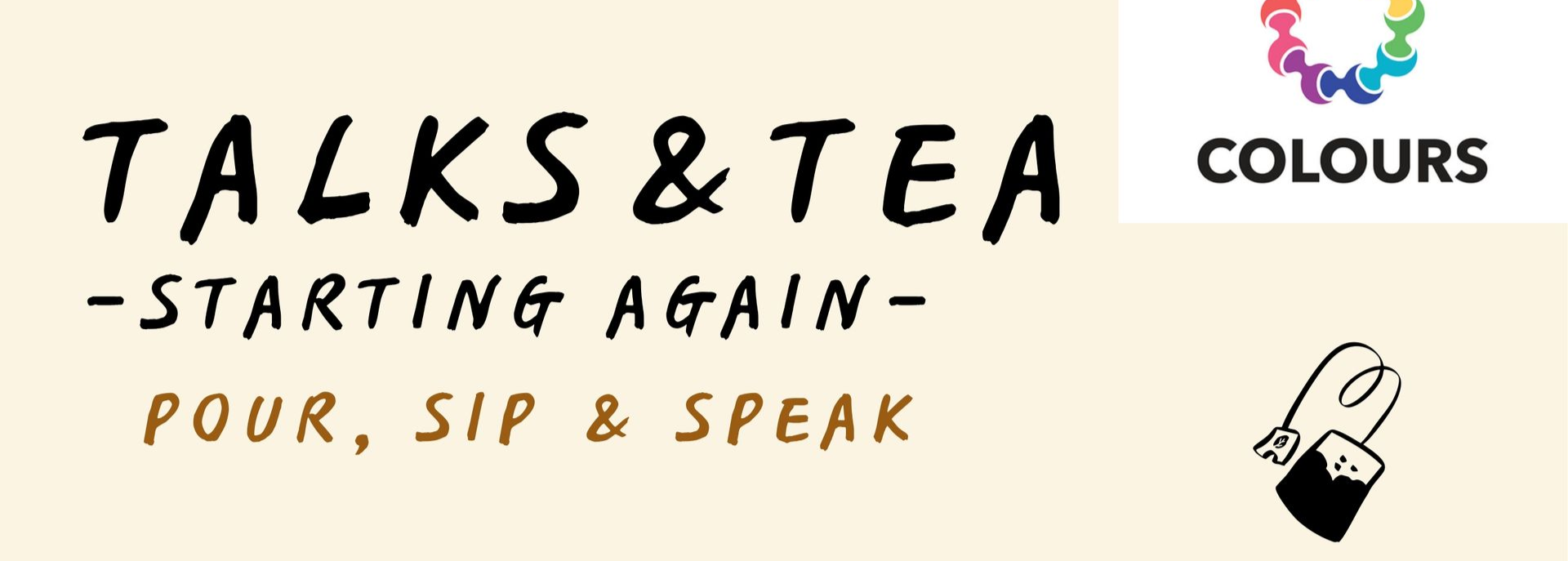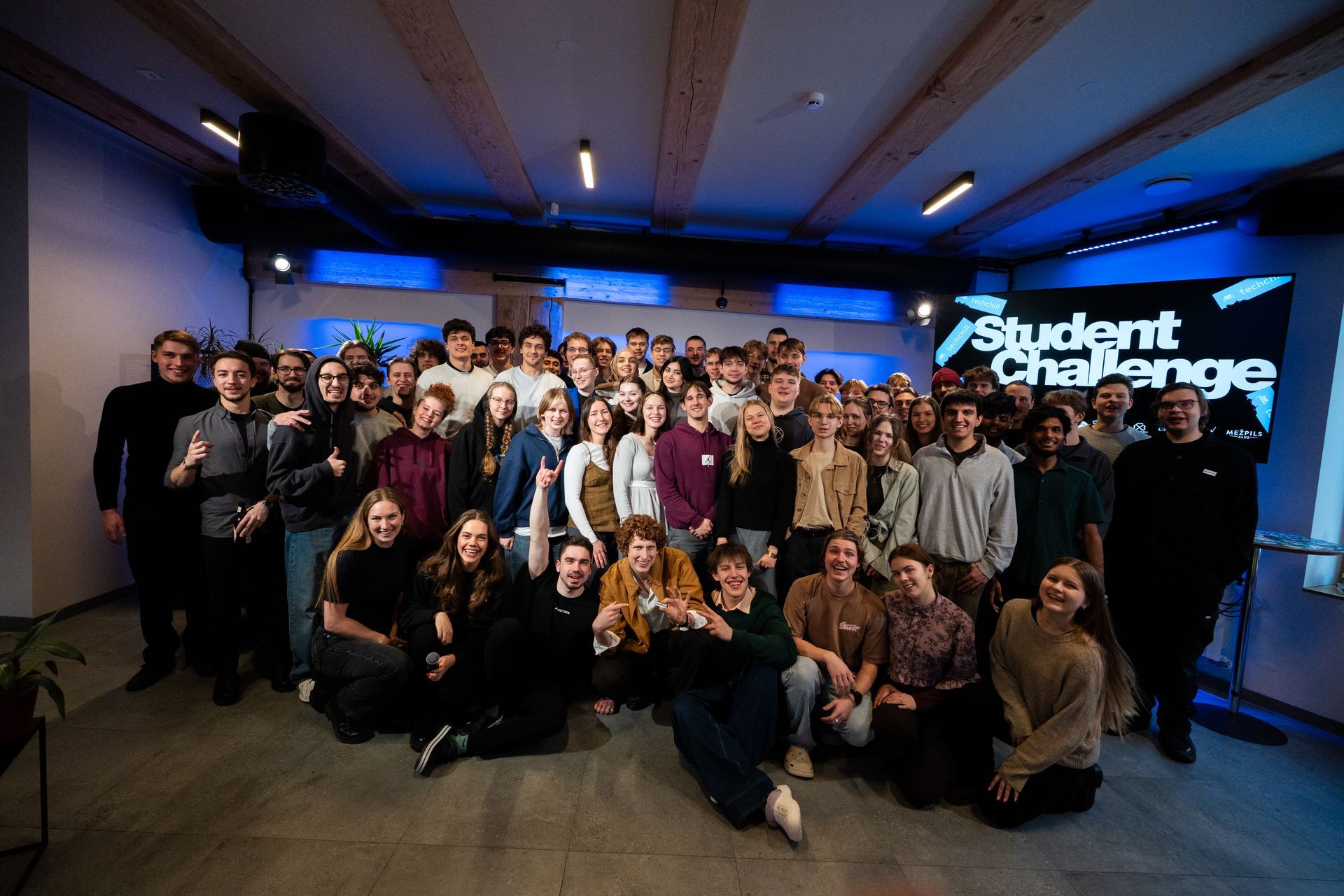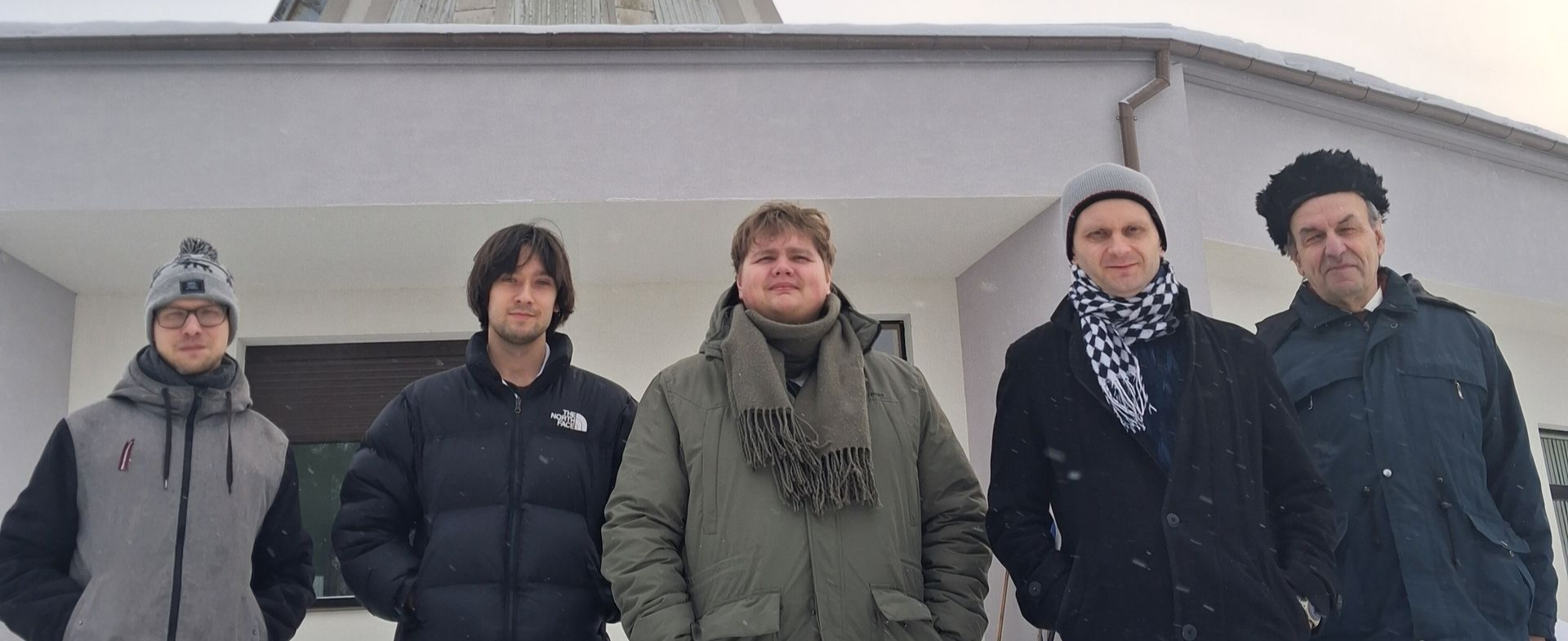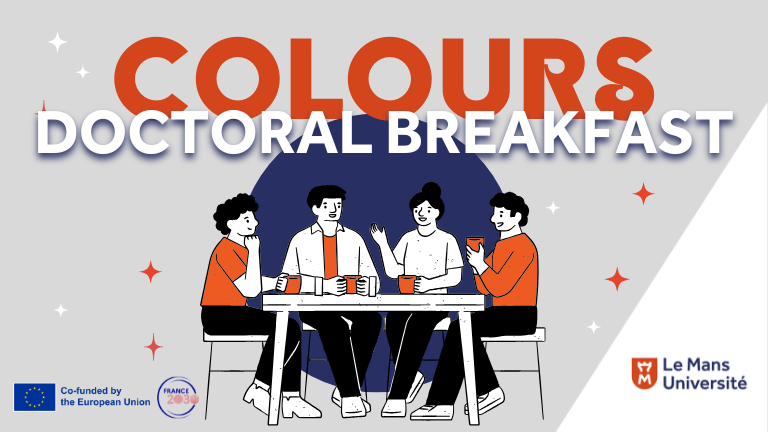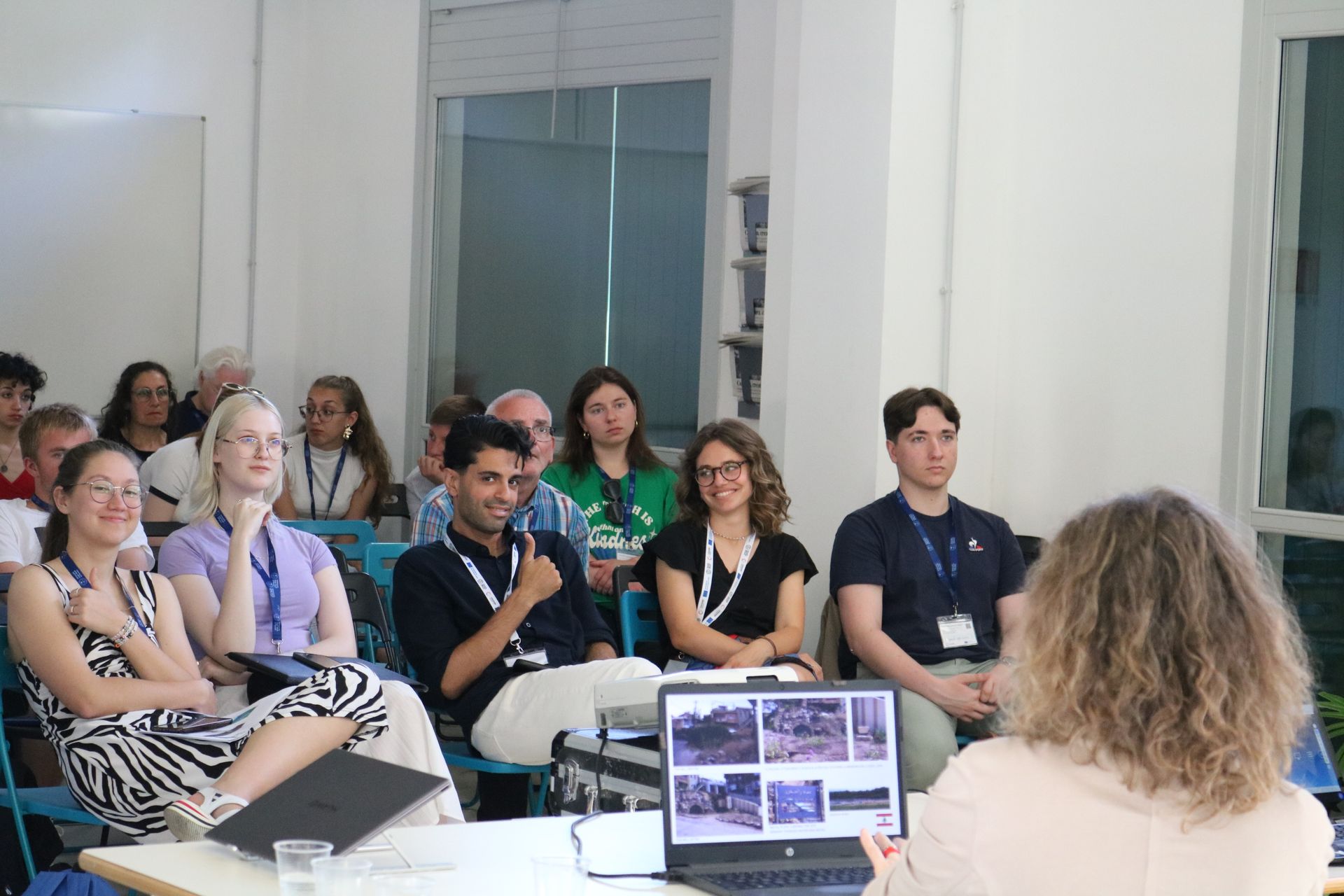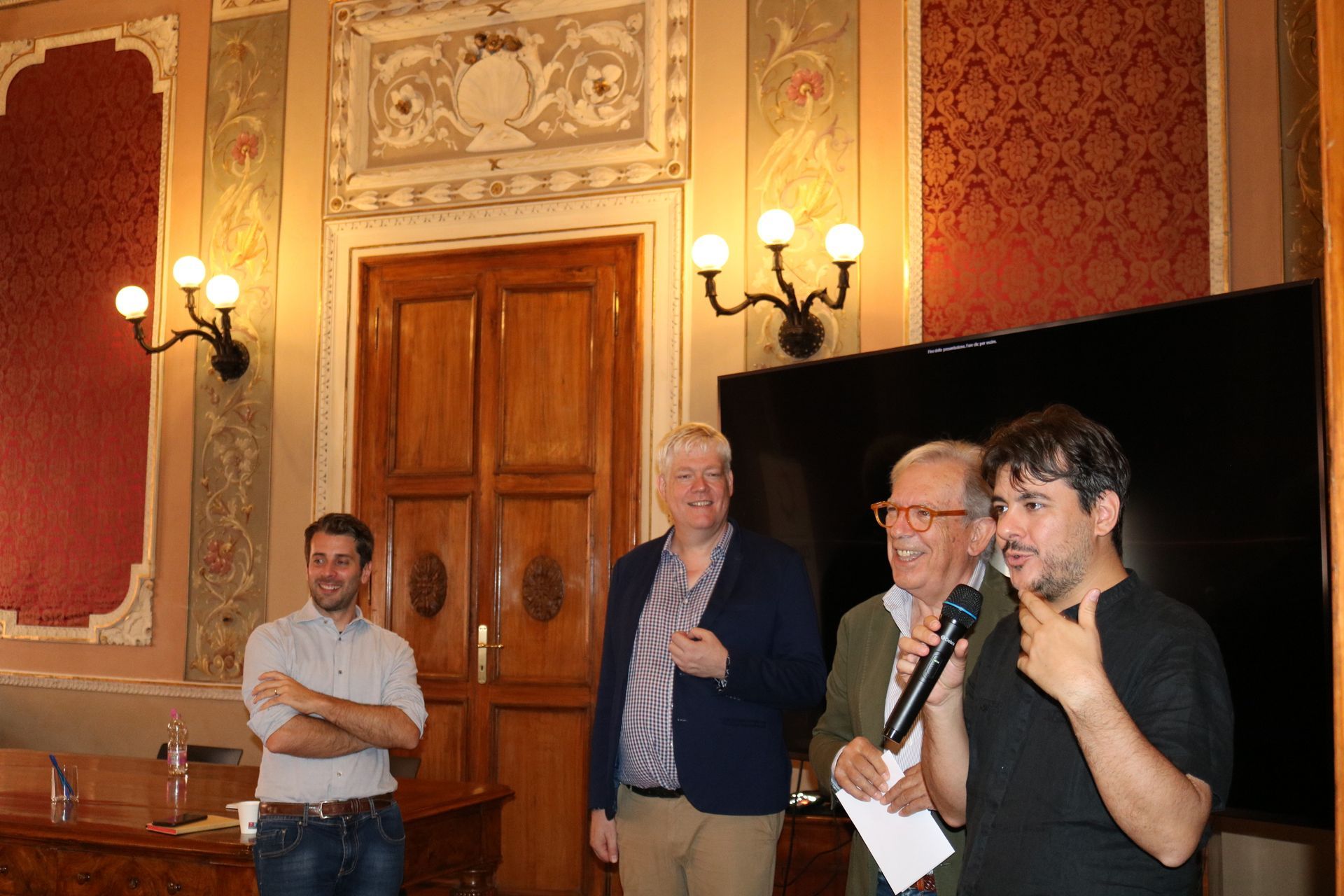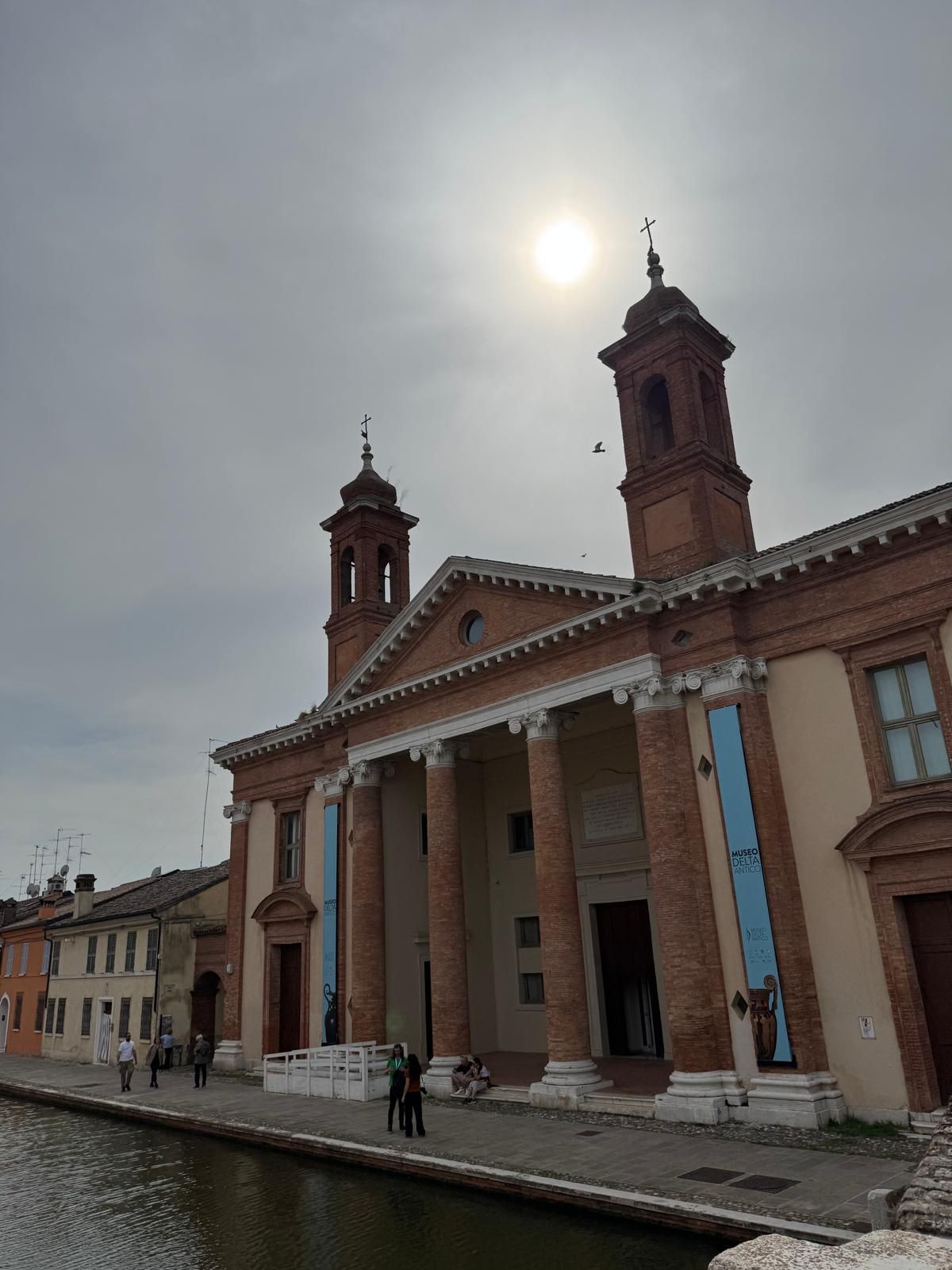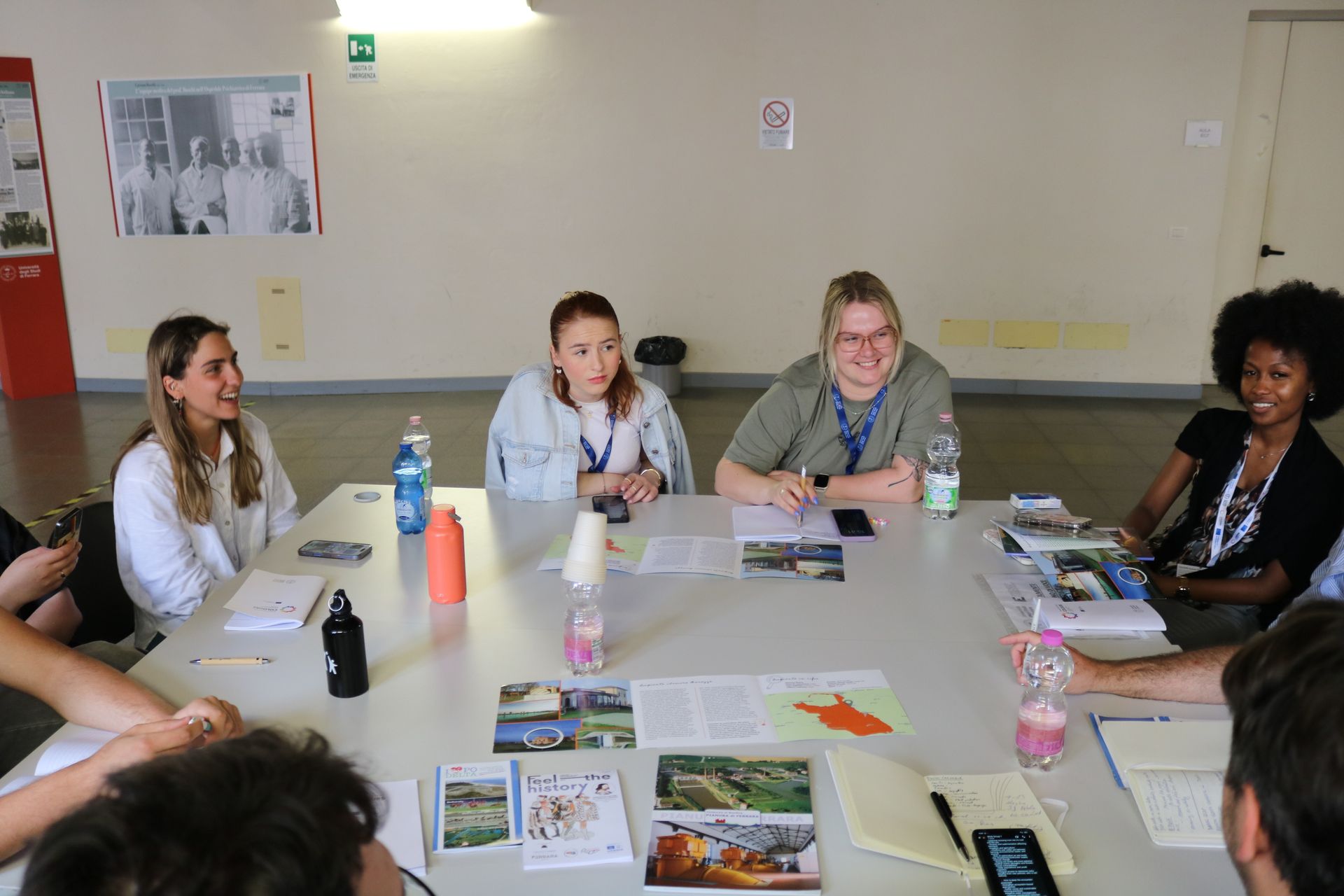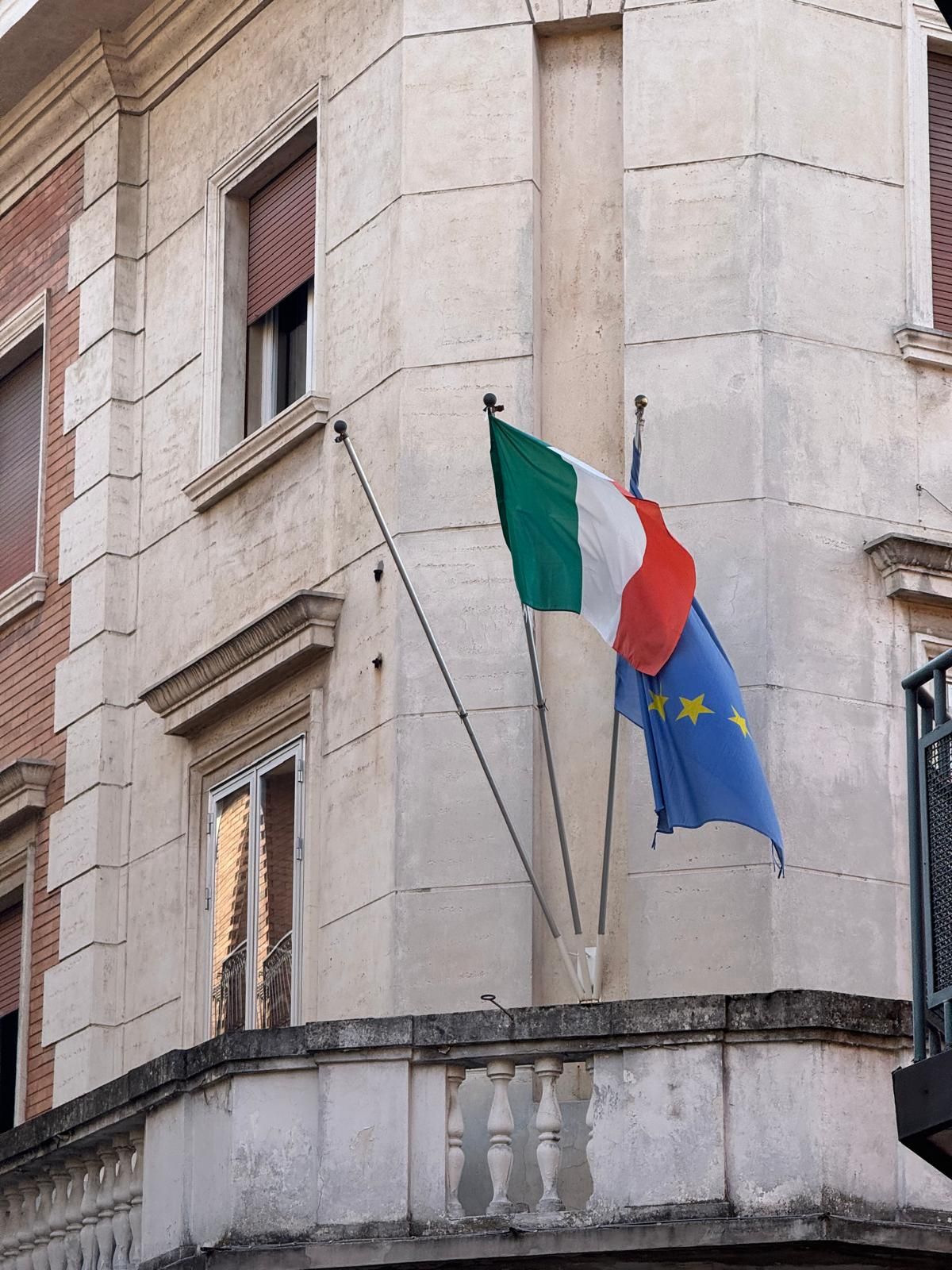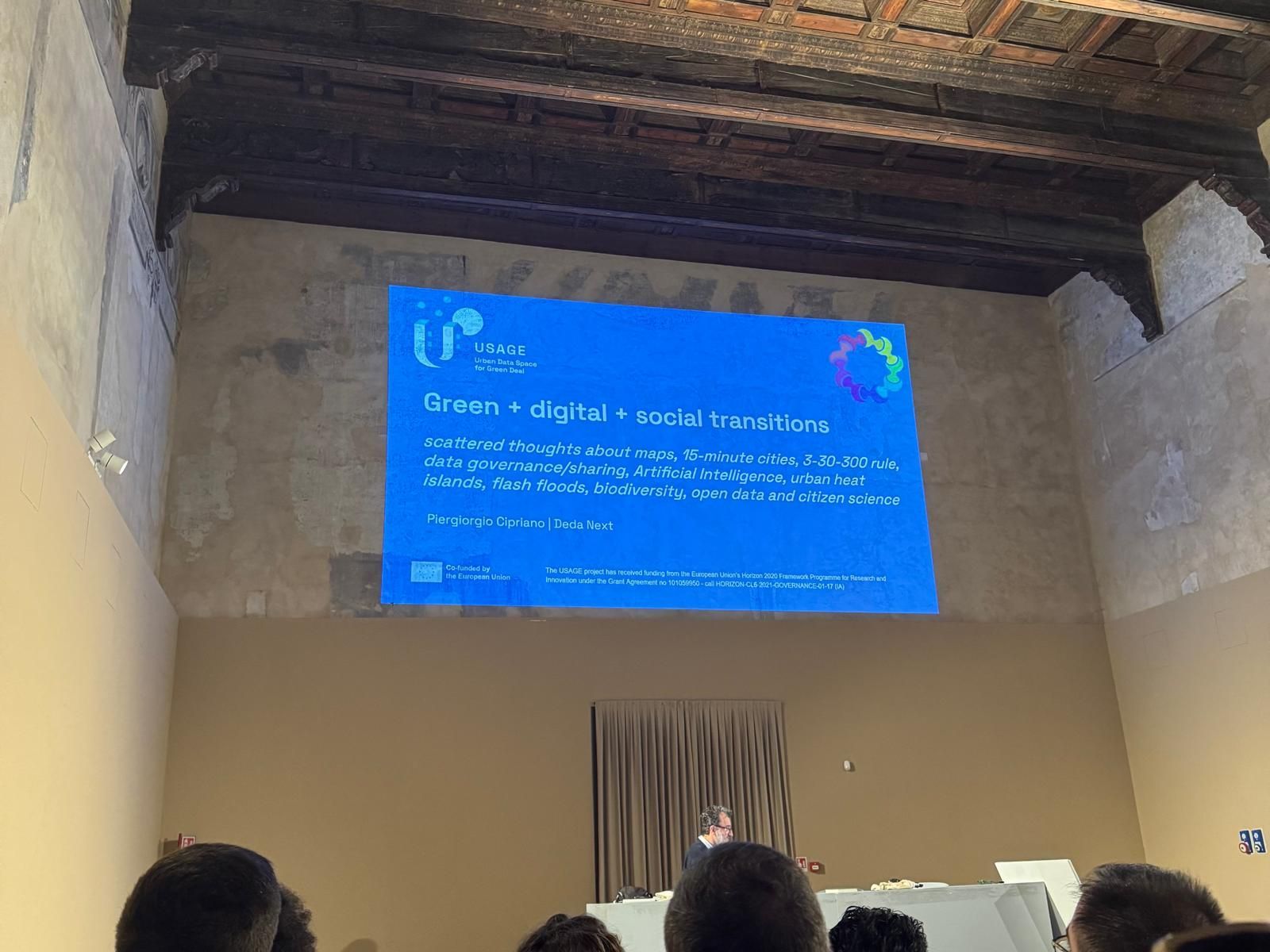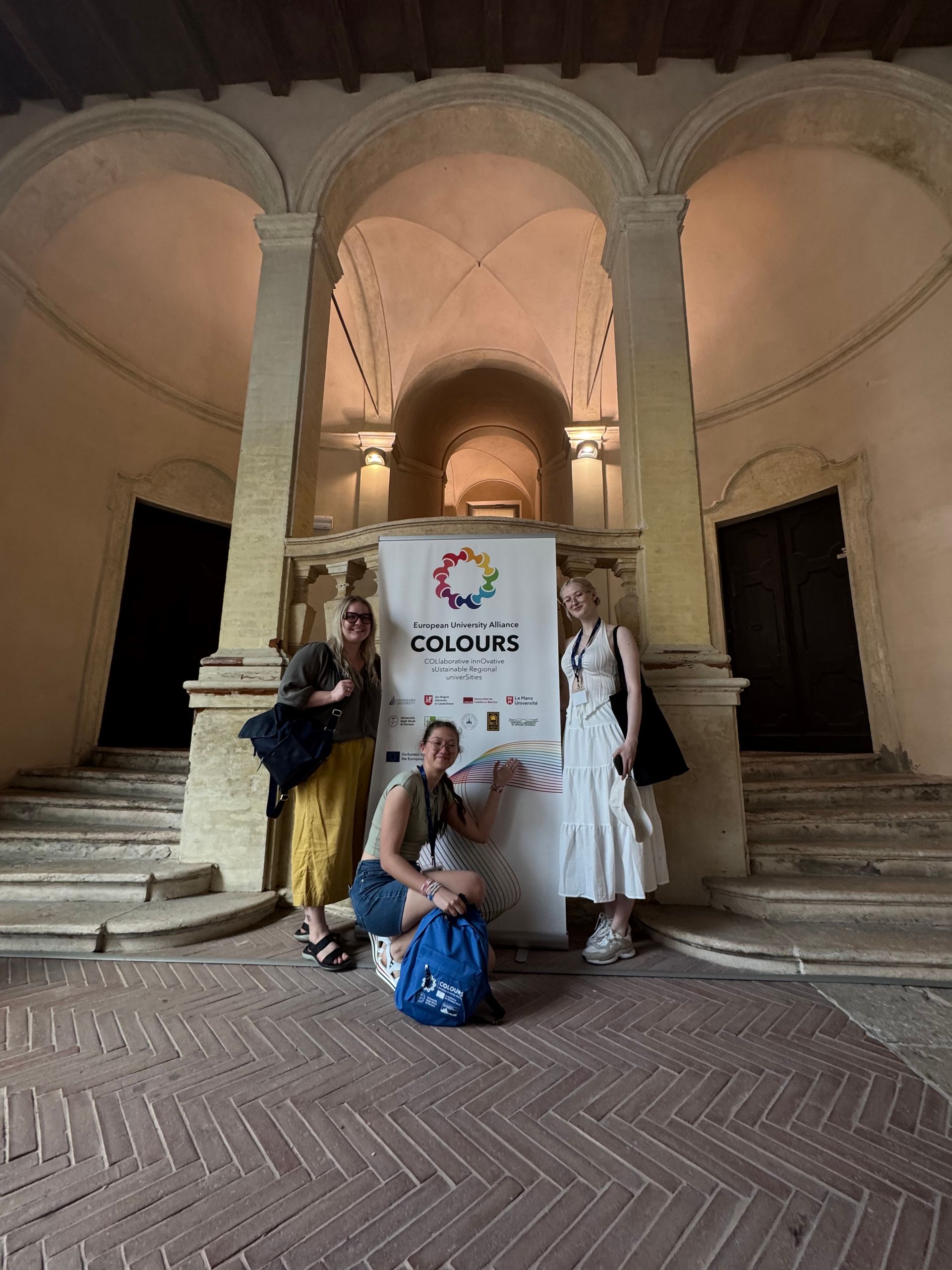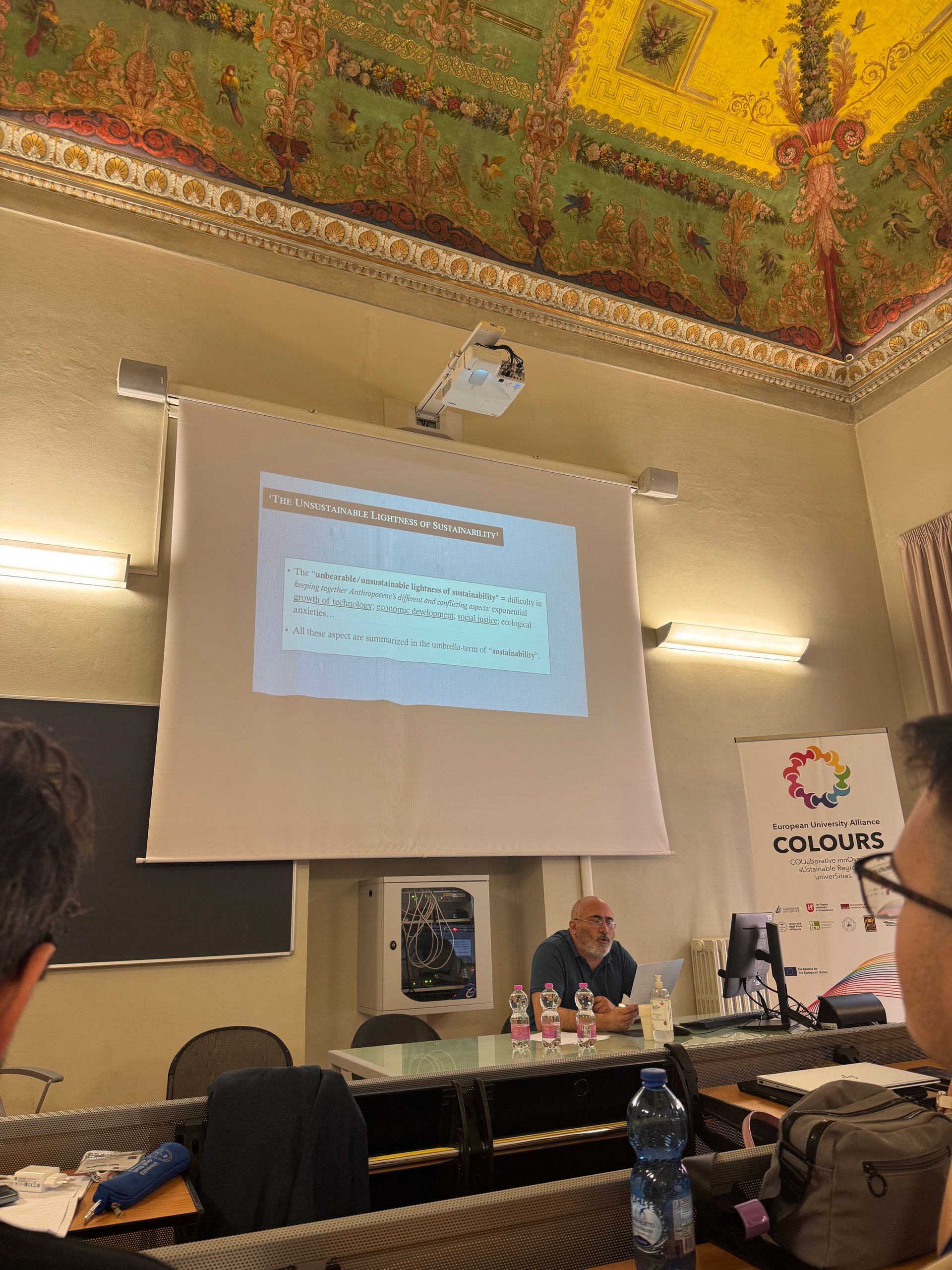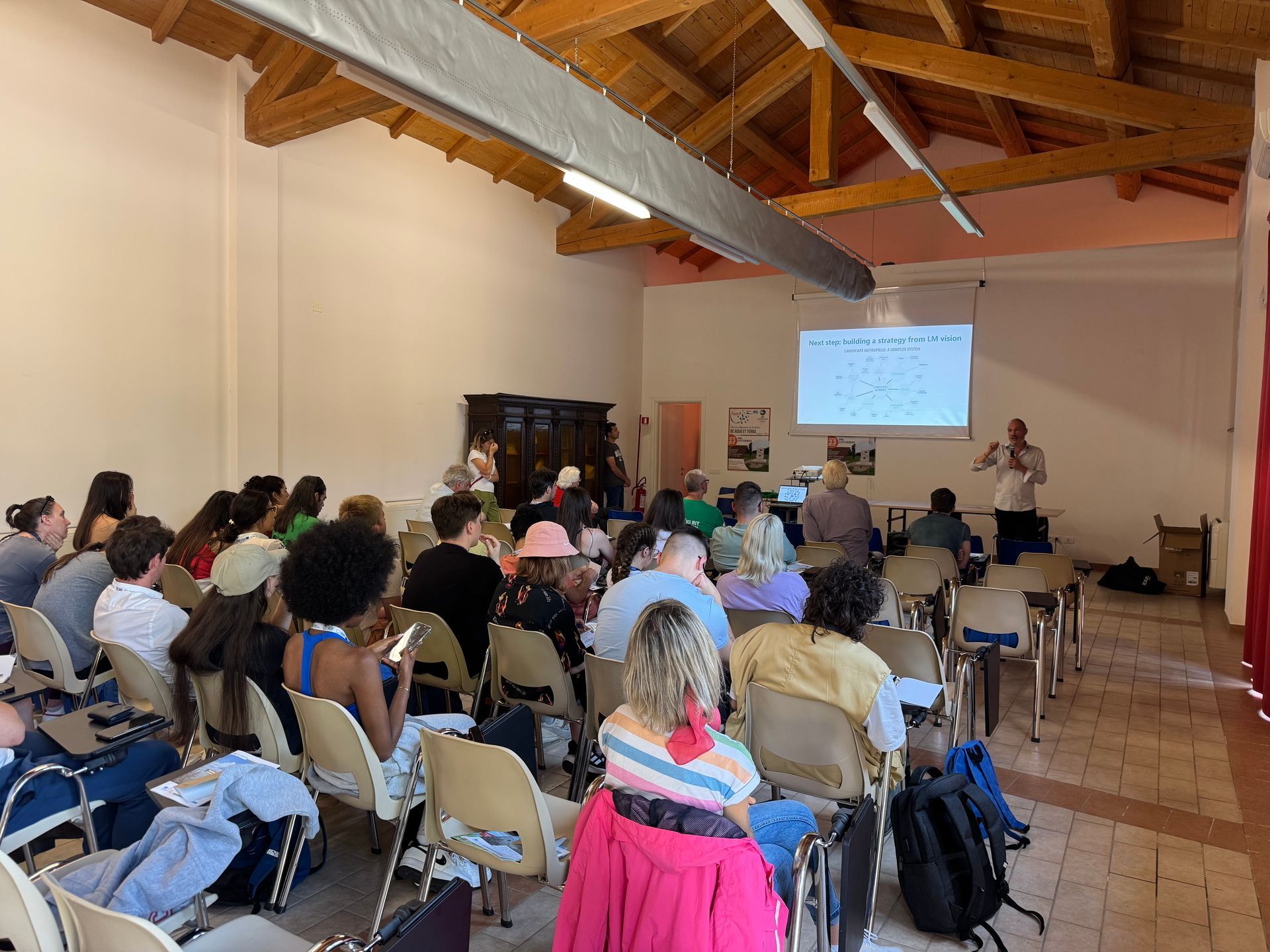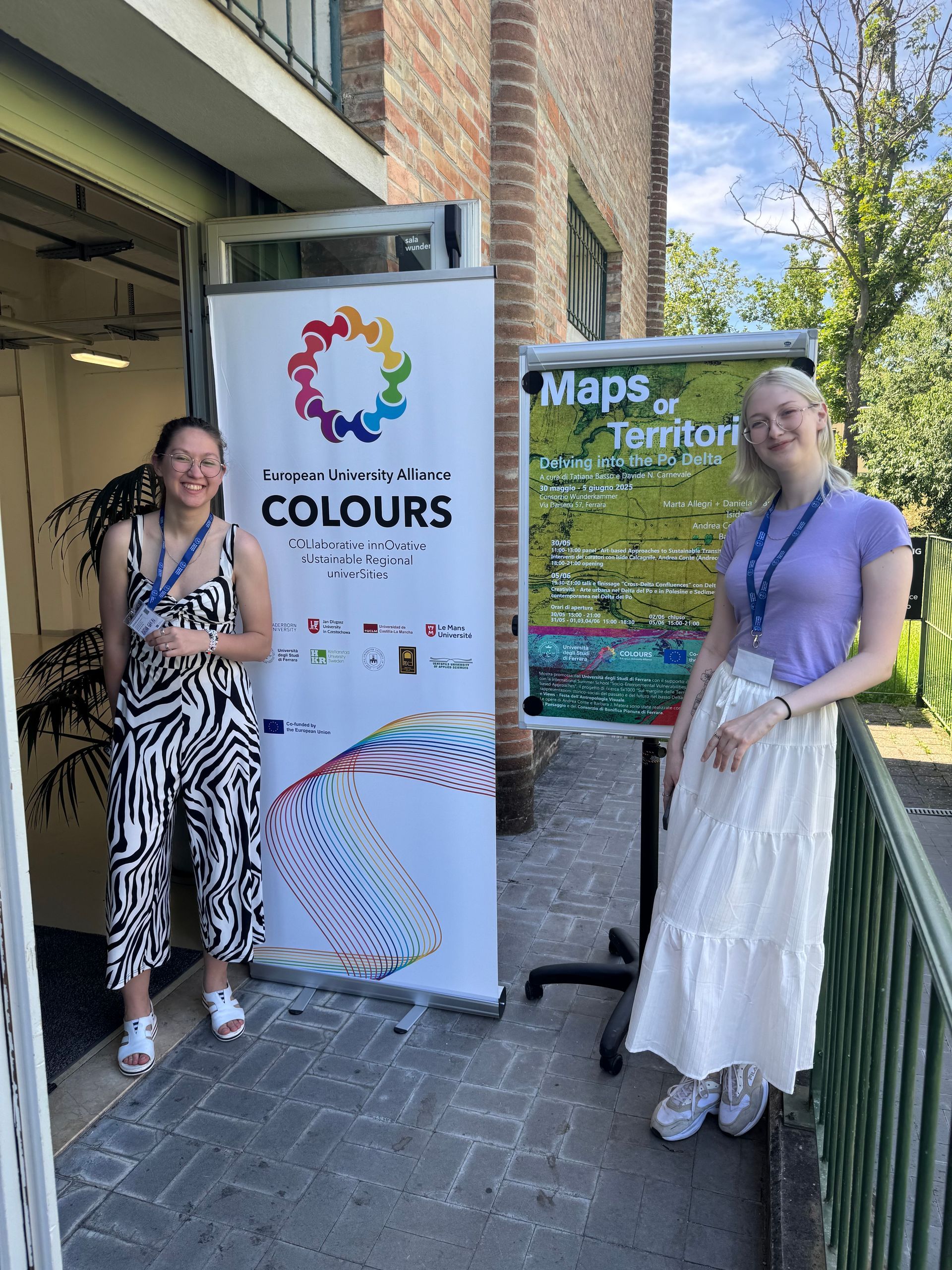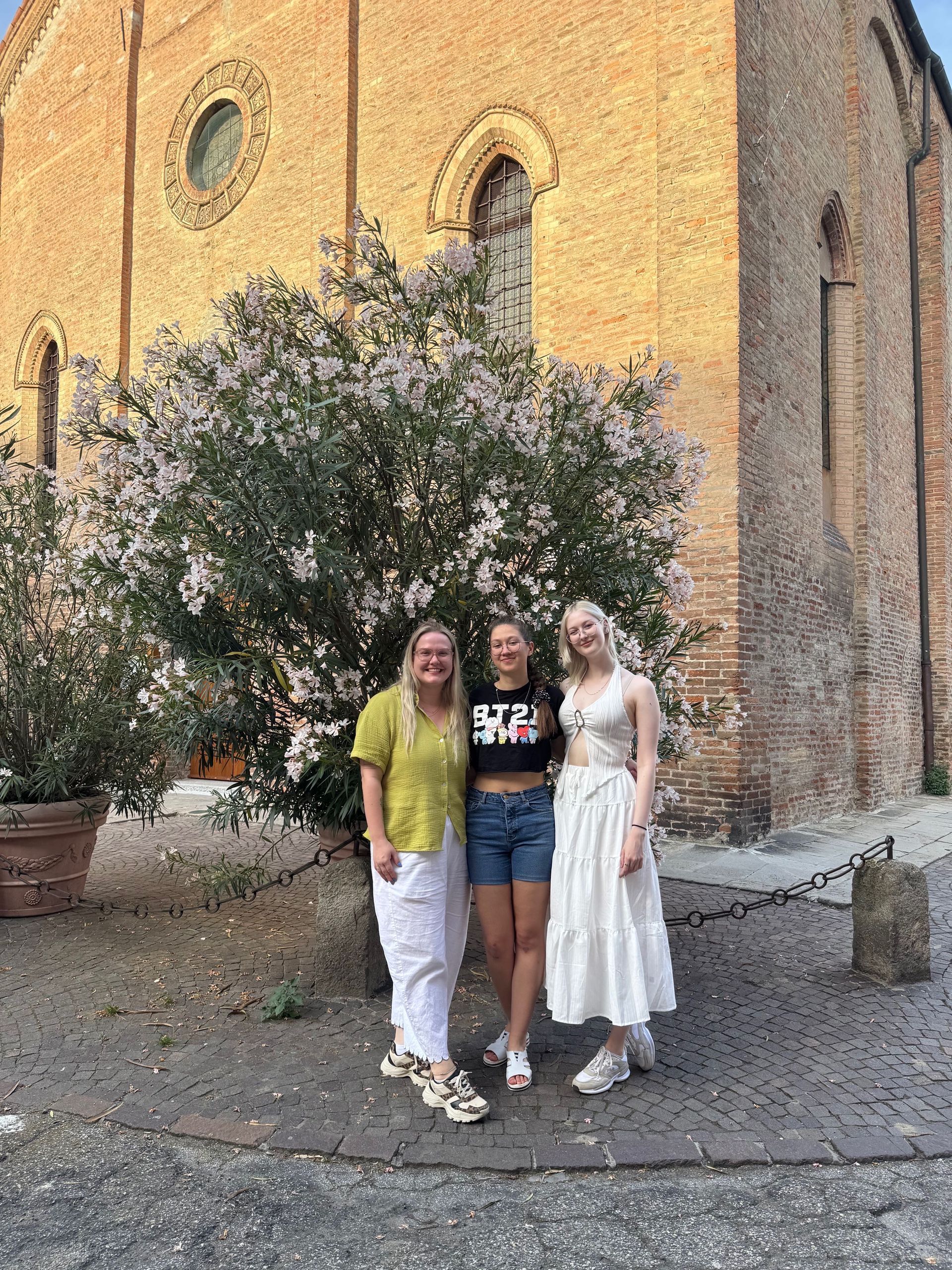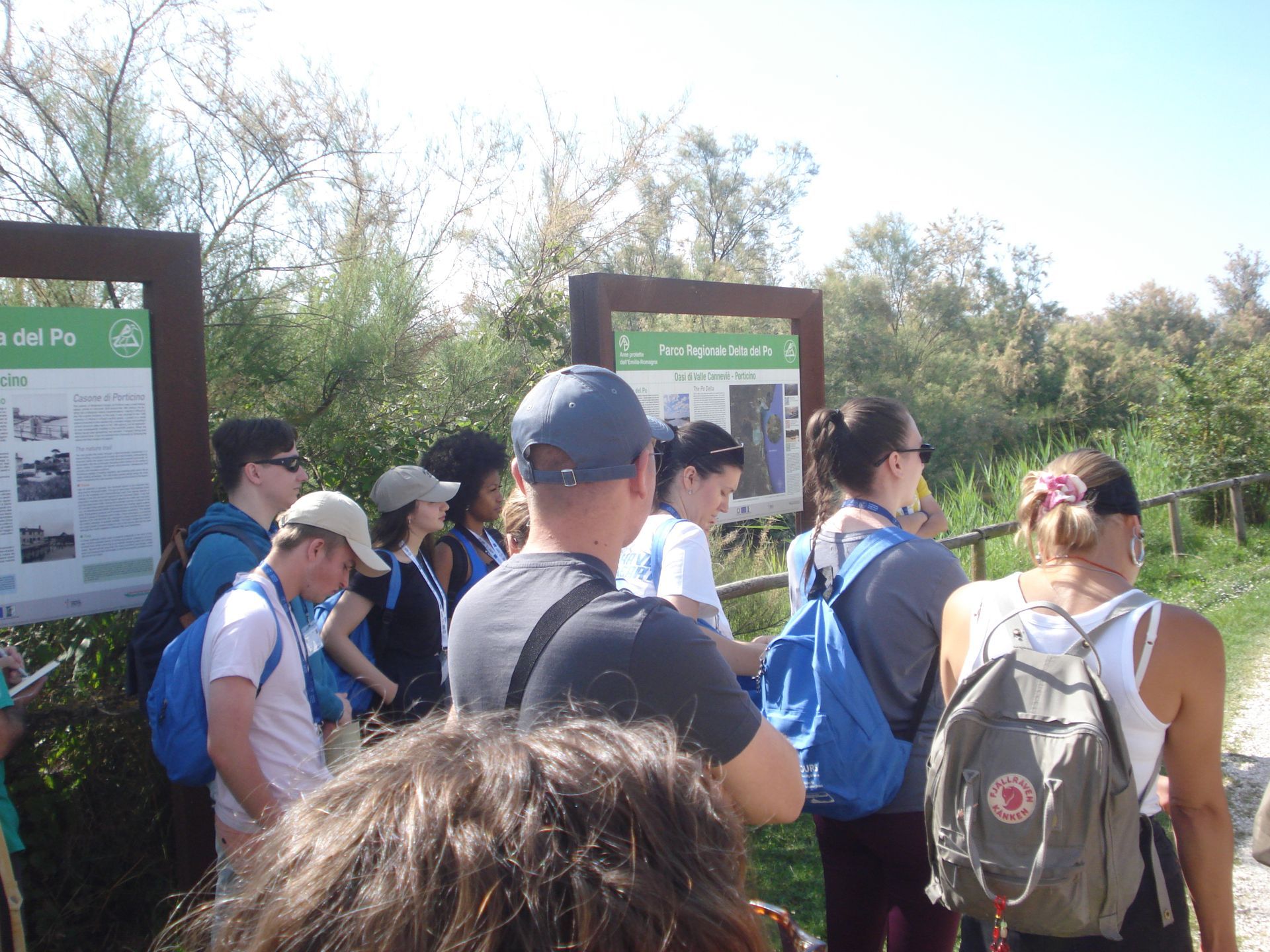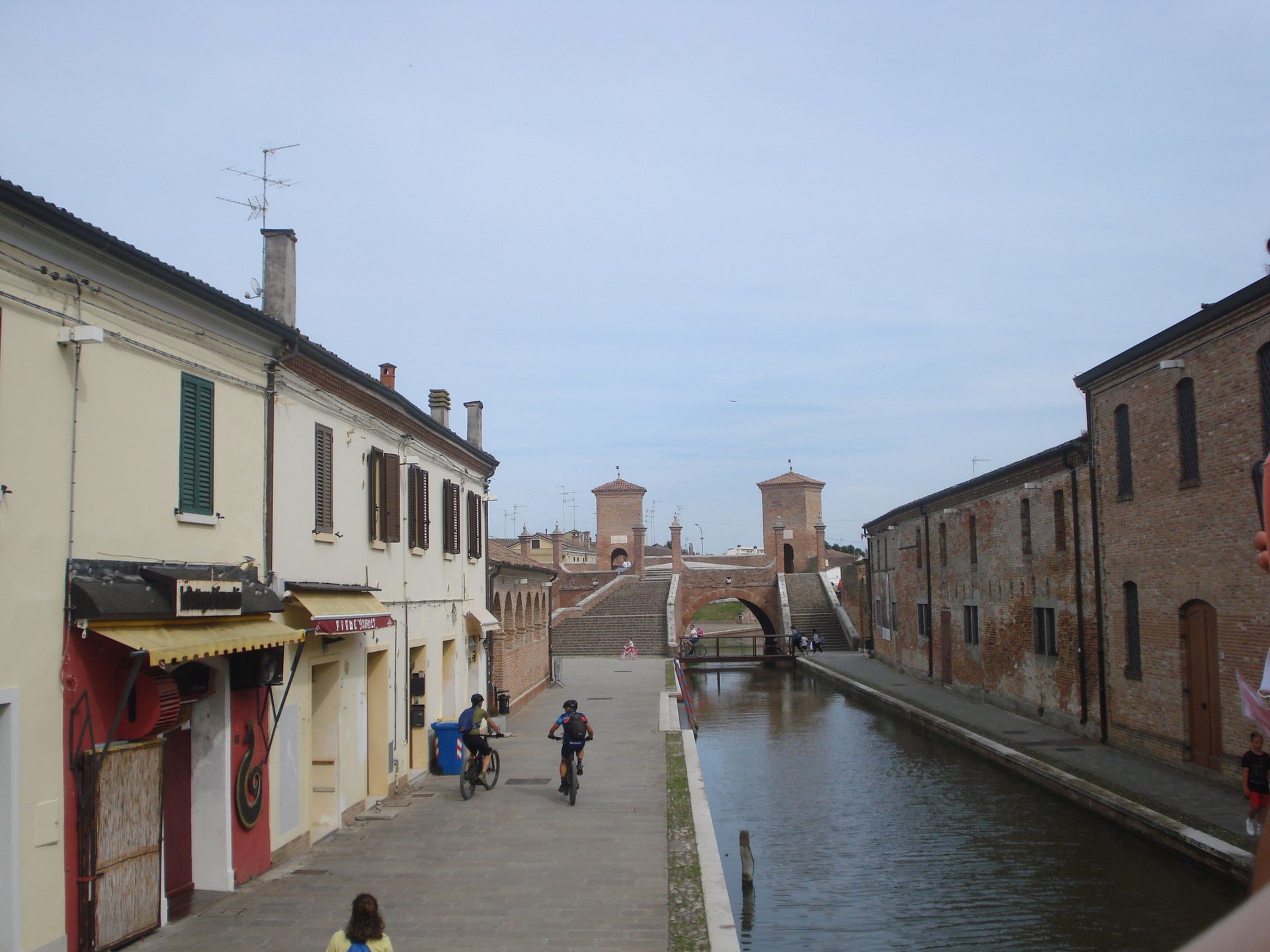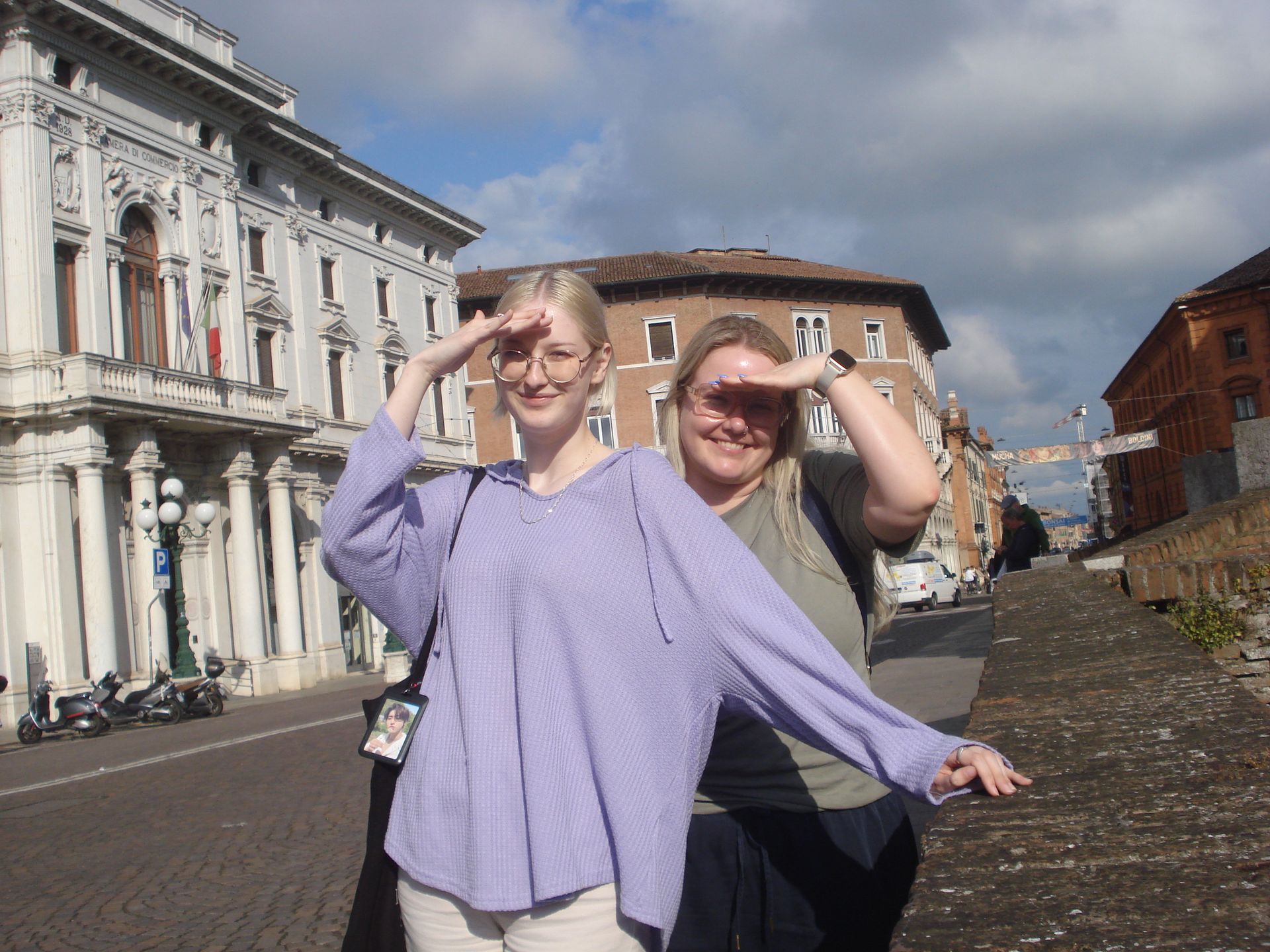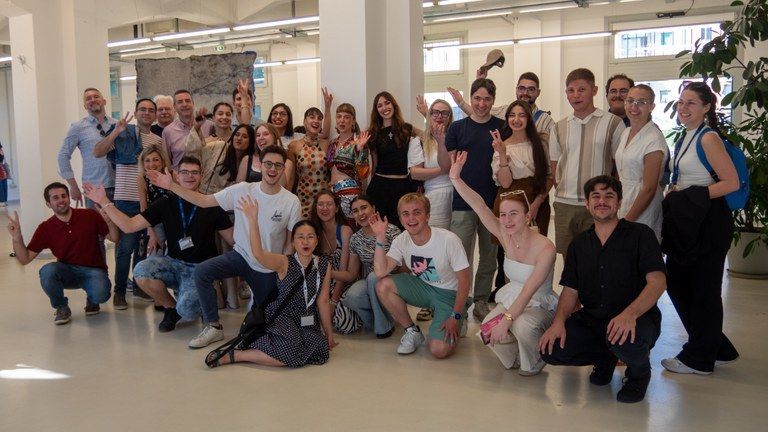Summer School in Italy
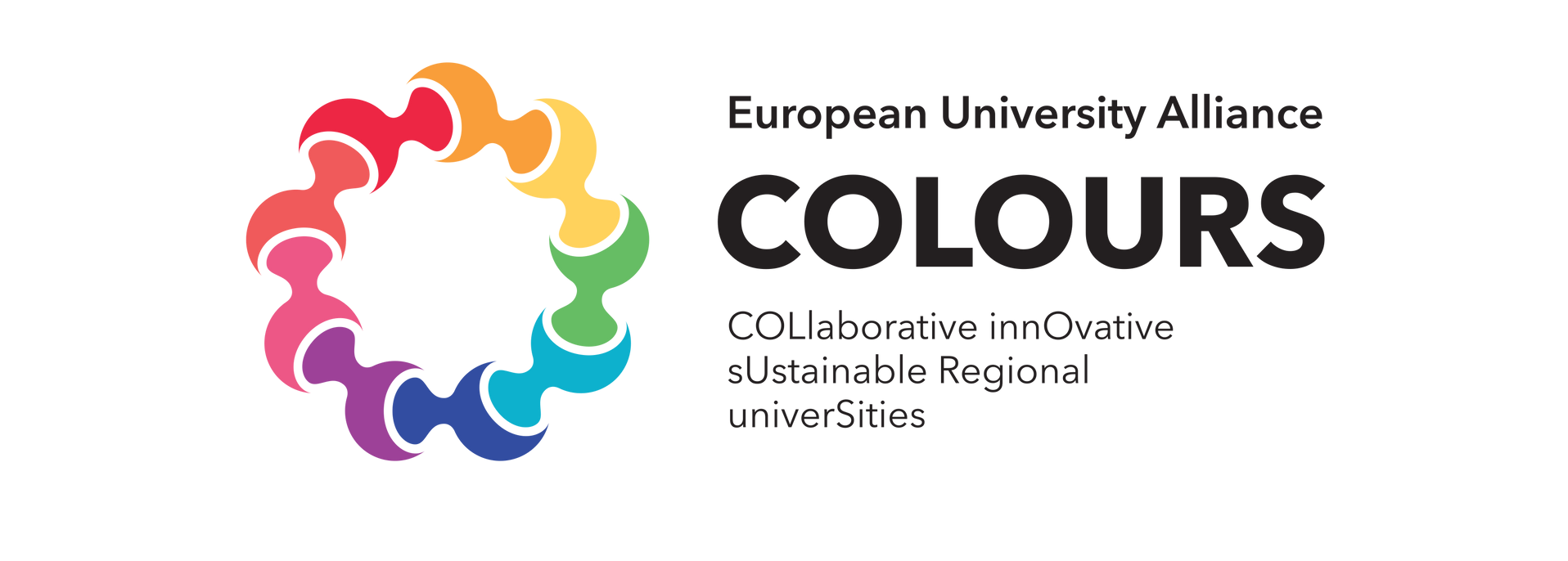

From May 25 to 30, an international summer school took place in Ferrara, Italy, with the aim to identify and understand the principles of ecological, social, and economic transitions. The Summer school analysed human activity and the impact of climate change on the environment, and developed innovative solutions for sustainable regional development and effective communication. During the summer school, we got to know the city of Ferrara, participated in workshops and discussions, visited the Po Delta region and worked with experts to generate new ideas and solutions for a sustainable future.
The Po Delta region, shaped by river sedimentation processes and human intervention, has proven to be not only an ecologically and economically important place but also a deeply symbolic space, a living landscape of memory, adaptation, and survival, where the past flows seamlessly into the present. From the first settlement of Spina in the 6th century BC to the environmental and social transitions of today, the region tells a story of constant change and the human capacity to adapt. Every bend in the canal, fisherman's hut or line of salt-stained trees speaks of resilience, creativity and the ability of the local people to live with their changing environment.
We took part in a fascinating series of lectures on the history, environmental and social transitions of the Po region. We heard different perspectives on how the region's unique landscape and historical processes have shaped community identity and everyday life. In addition to the lectures, we actively engaged in discussions, shared our impressions and developed our presentations, reflecting on what we had observed and offering our visions for future possibilities in such transition areas.
Our experience in Italy, especially in the Po Delta region, made us realise that this area is not just in transition - it is in transition itself. It is a threshold between past and future, a space continuously shaped by water, politics, climate and human activity. We learned that such landscapes need to be taken holistically, with respect for their environmental, cultural and emotional dimensions. And we also learned something very important: vulnerability is not weakness. On the contrary, the environmental, demographic and climatic vulnerabilities of a region highlight its complexity, value and potential. Tackling these challenges is not enough technological innovation, it also requires trust, historical understanding and political courage.
During the week, we not only learnt and went on educational excursions but also made many new friends and valuable contacts from different European countries. The lively work and conversations outside formal activities created a bond that will be hard to forget. This experience demonstrated the importance of transnational and interdisciplinary cooperation. We learned to listen, to collaborate and to translate different knowledge into a common vision while pursuing one of the strongest values of the European Union: unity in diversity.
To sum up the week in one message, it would be this: caring for such places is not just a technical task or a moral obligation, it is a form of belonging. We belong to the stories we inherit, the futures we help shape and the places we choose to care for. When we return to our universities, cities and languages, we bring with us both the memory of the region and a commitment to think and act differently - with respect, responsibility and commitment.
Press release about the Summer School on the University of Ferrara website: https://www.unife.it/en/unife-world/colours/news-colours/colours-international-summer-school-wrap-up
Prepared by: 2nd-year student of FoTS Master's study programme "Translation and Terminology" Ailenda Bulindža-Leitiete; 2nd-year student of FoTS Bachelor's study programme "Intercultural Communication" Karīna Ganiņa; 2nd-year student of FoTS Bachelor's study programme "Translation and Language Technology" Solveiga Lavrane
International Summer School was organised within the European Commision
project “COLlaborative innOvative sUstainable Regional univerSities” (project No.101124491).
Share on other platforms
Other news
